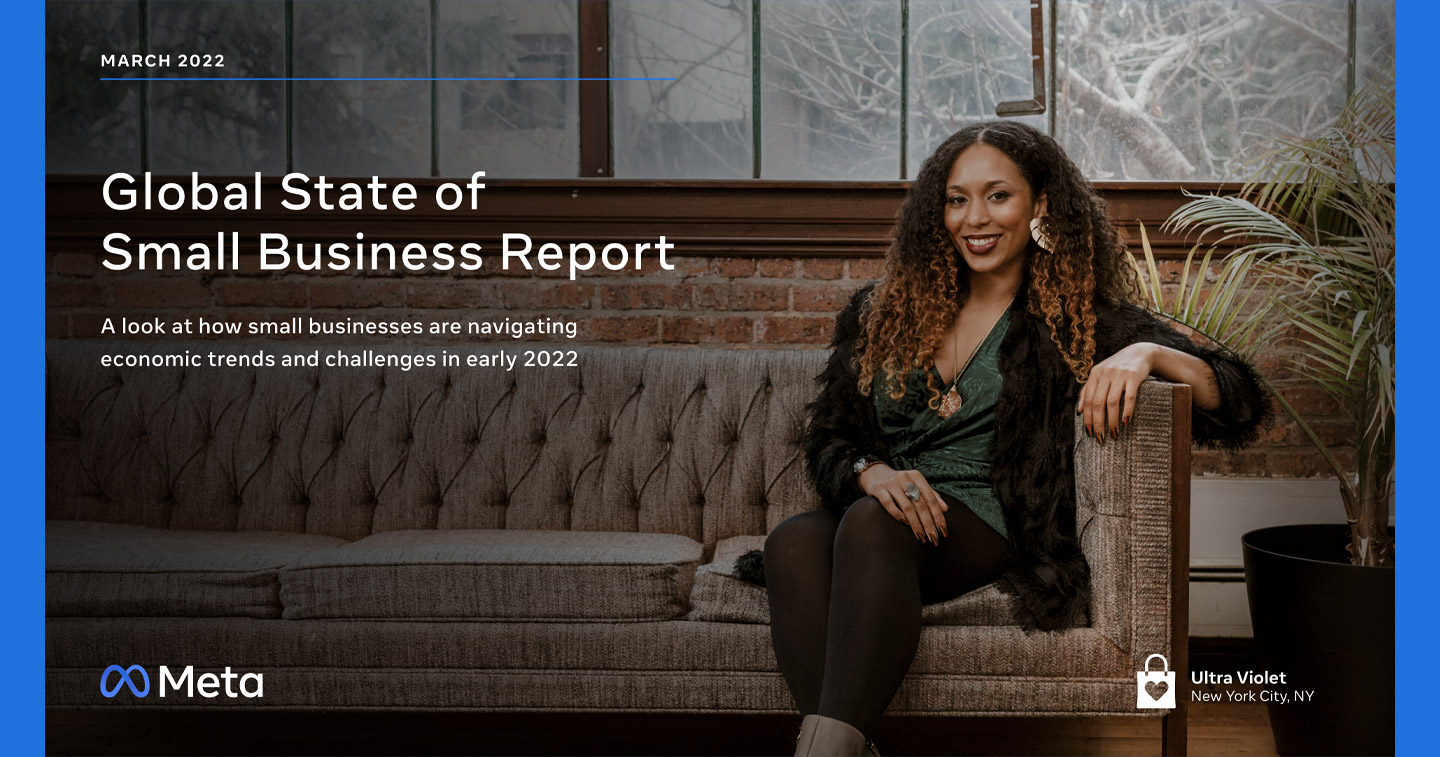MANILA, PHILIPPINES — In the third year of the pandemic, economic recovery is still underway despite the disruptions to business from the Omicron variant.
According to the 2022 State of Small Business report from Meta, a survey of nearly 24,000 small and medium-sized business leaders across 30 countries and territories, conducted in January 2022, 20% of businesses surveyed globally reported being closed. This is 3 percentage points higher compared to July 2021. It represents a small increase compared to previous fluctuations since Meta started surveying global SMBs in 2020 and may reflect the impact of the Omicron wave in the region.
While North America saw the largest increase in business closure rates, the majority of SMBs in APAC, including 78% in the Philippines, reported that they were operational or engaging in revenue-generating activities, with many businesses finding success online. A quarter of the businesses surveyed said they were currently digital-only while four in every five businesses said they had used digital tools in the last 30 days.
For SMBs that remained open, sales were up compared to the same time last year – the first time a majority of businesses reported improved sales since our surveys began in May 2020. In APAC, close to half of operational SMBs using the Facebook platform reported making at least 25% of their sales digitally in the past month. More than a third of small businesses that made at least 50% of their sales digitally also reported improved sales overall.
The survey also showed that SMBs are increasingly focused on returning to physical spaces, while also maintaining digital operations. Approximately 25% of SMBs surveyed globally currently operate a digital-only business, whereas only 10% intend to run digital-only business operations once the pandemic ends. In contrast, 39% intend to use mostly or only in-person business operations, a rise of 8 percentage points since July 2021.
The majority of SMBs intend to use digital and physical operations together, with approximately 69% of SMBs planning to do so. Similarly, 40% of SMBs expect hybrid working to be necessary in the future, with this proportion increasing for larger SMBs relative to smaller firms.
SMBs in the region remain more optimistic than the global average – in Australia, Vietnam and Taiwan, around half of operational SMBs reported said they were confident in their ability to continue operating for at least 12 months if current circumstances were to continue. However, globally, only 12% of SMBs expected to face no challenges in the immediate future. Lack of demand and cash flow were still cited as the most important concerns by SMBs, with 27% of SMBs in the Philippines expecting challenges related to cash flow and 22% expecting challenges related to a lack of demand in the next few months.
“It’s encouraging to see that businesses in the region are on a steady path to recovery despite the challenges. As SMBs transition to a hybrid retail world, we will continue to work on providing them with the tools and enablers they need to succeed,” said Karen Teo, Vice President, APAC Small Medium Business, Meta.
You can read the full Global State of Small Business Report here.








